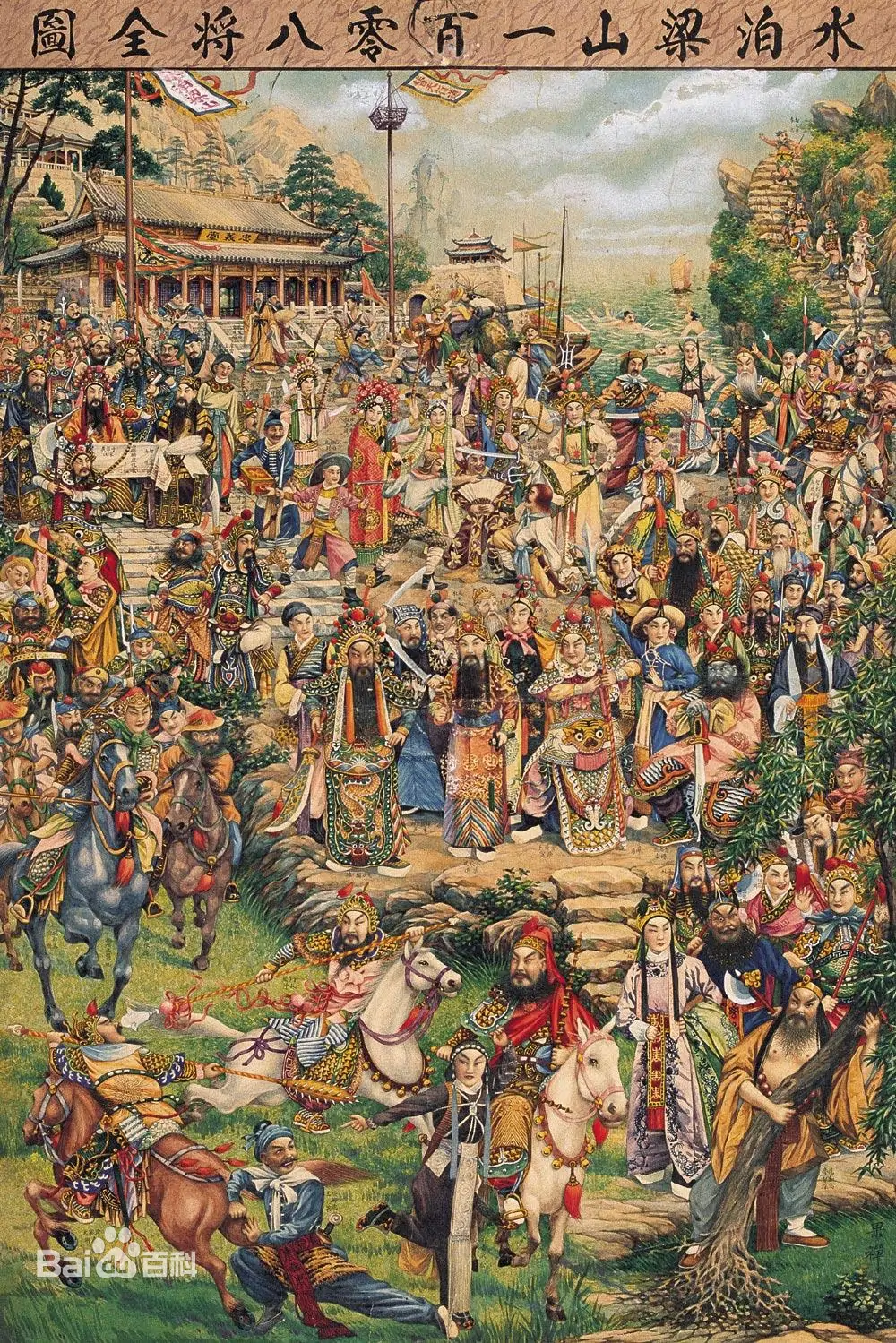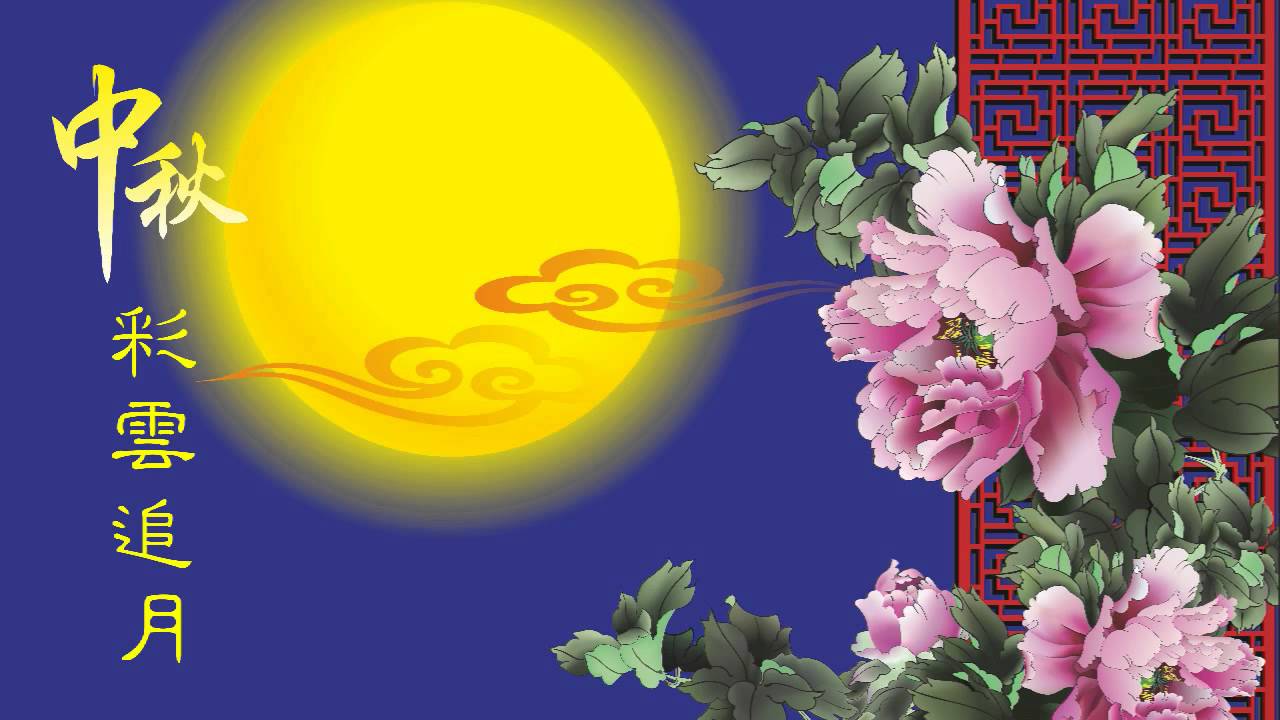
苏霈唱,原名苏爱伦,1968年7月出生于台湾台北,祖籍湖北省黄石市大冶市,中国台湾女歌手,其妹妹为台湾歌手苏慧伦。擅长诠释20世纪20年代国语老歌及小调歌曲,有着“小小周璇”之美誉。

凤飞飞唱, 林秋鸾(1953年8月20日—2012年1月3日),艺名凤飞飞,绰号帽子歌后、劳工天使等,台湾女歌手、演员、主持人。至今,她在台湾、中国大陆及东南亚华语社群具有举足轻重的地位。

張帆唱, 张帆出生于1922年9月22日。1935年,年仅13岁的张帆考进了黎锦晖先生创办的明月歌舞团,开始在歌舞剧、话剧、电影界展露艺术才华。
香槟酒气满场飞 钗光鬓影恍来回
爵士乐声响 跳rumba才够味 嘿!
你这样乱摆我怎样随 你这样美貌我这样醉
爵士乐声响 跳rumba才够味 嘿!
勾肩搭背 进进退退 步也徘徊 爱也徘徊
你这样对我媚眼乱飞 害我今晚不得安睡
他们跳rumba我也会 跳得比他更够味
爵士乐声响 对对在满场飞 嘿!


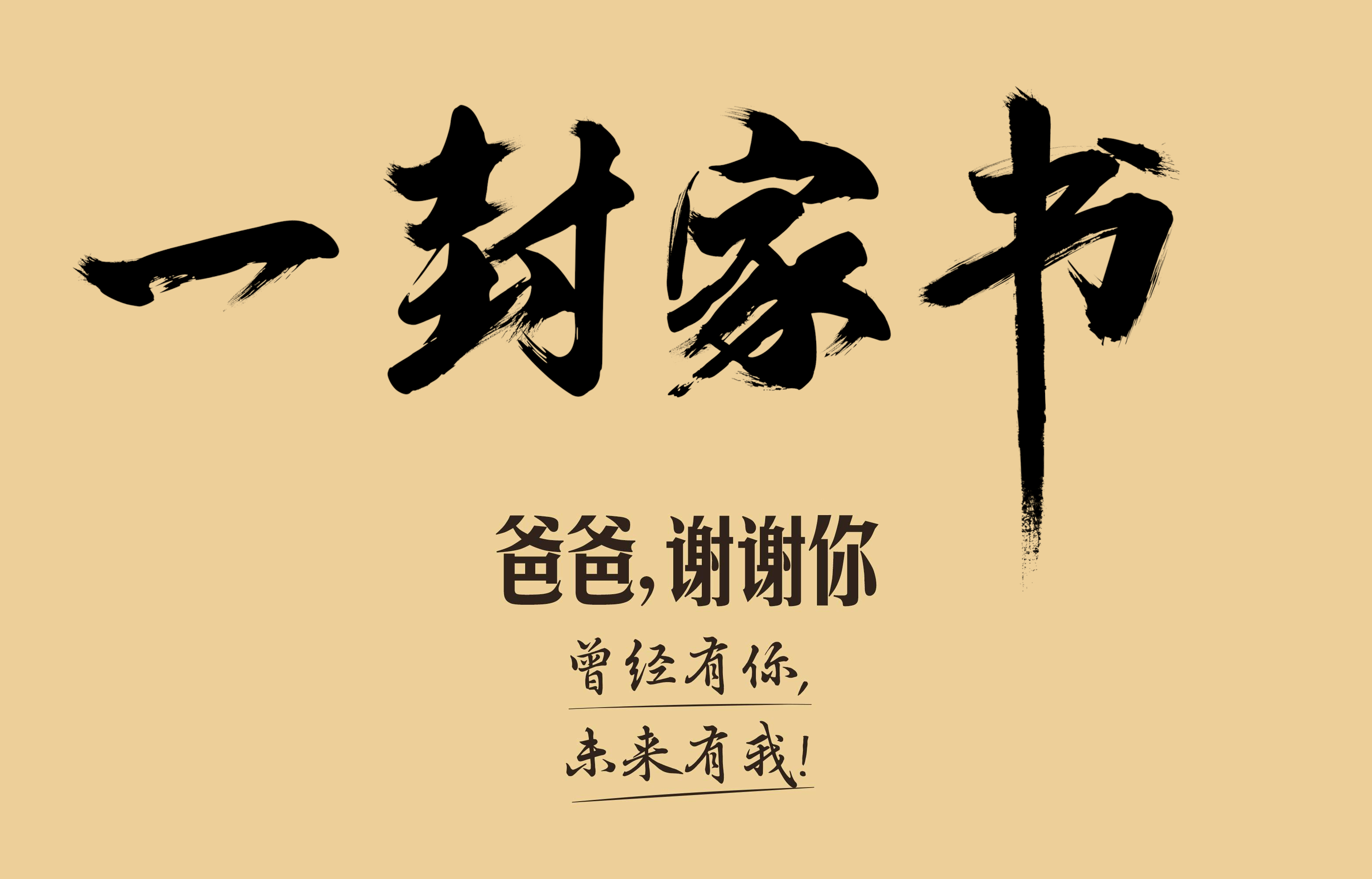


Weinbrand ist ein Gattungsbegriff für Spirituosen aus einem Weindestillat. Als Handelsbezeichnung ist der Begriff „Weinbrand“ EU-rechtlich definiert und insbesondere vom Branntwein und anderen Spirituosen abgegrenzt.[1] Destillate aus Wein gehören zu den ältesten Spirituosen der Welt. Vermutlich wurden bereits seit 1000 n. Chr. im Gebiet der heutigen Türkei hochprozentige alkoholische Getränke aus Wein gebrannt.[2] In Europa verbreiteten sich Weindestillate im Hochmittelalter und wurden zunächst vor allem zu medizinischen Zwecken genutzt.[3] Über das mittelniederdeutsche brandewīn entstand der englische Begriff brandy wine. Dieser zu „Brandy“ verkürzte Name wird in vielen europäischen Ländern, wie England, Italien und Spanien benutzt, im Deutschen beispielsweise oft in Cocktailrezepten.[4] Die einschlägige EU-Verordnung setzt heute Brandy und Weinbrand gleich.
白兰地,从荷兰语 Brandewijn 而来,意思为“烧的酒”,16世纪时,荷兰为海上运输大国,法国是葡萄酒重要产地,荷兰船主将法国葡萄酒运往世界各地,但当时英国和法国开战,海上交通经常中断,葡萄酒贮藏占地费用大,于是荷兰商人想将葡萄酒蒸馏浓缩,可节省贮藏空间和运输费用,运到目的地后再兑水出售。但意想不到的是浓缩的酒更受欢迎,而且贮藏时间越长酒味越醇,从此,出现一种新酒,蒸馏葡萄酒—白兰地。
一升白兰地大约需要八升葡萄酒浓缩,蒸馏出的酒是近乎无色的,但在橡木桶中贮藏时,将橡木的色素溶入酒中,形成褐色。年代越久,颜色越深。由于有颜色的更受欢迎,目前酿酒厂都使用焦糖加色。
目前世界最好的白兰地产地是法国夏朗德省(Charente)的干邑(科尼亚克Cognac)周围地区和热尔省(Gers)的亚文邑(阿马尼亚克Armagnac)地区,这些地区传统生产白兰地,酒厂年代久远,因此有用以勾兑的老酒,价格也昂贵。世界著名的品牌如轩尼诗(Hennessy)、马爹利(Martell)、金御鹿(Hine)、人头马(Remy Martin)、路易老爹(Louis Royer)、百事吉(Bisquit)等都出自干邑地区。
一般俗称白兰地,是用葡萄酒加以蒸馏浓缩製成;但广义来说,只要是以果酒为基底,加以蒸馏製成的酒类,都可以称为白兰地,不过在名称前面加上相应的水果名称,如“苹果白兰地”、“樱桃白兰地”、“草莓白兰地”、“欧李白兰地”等。
Brandy is a liquor produced by distilling wine. Brandy generally contains 35–60% alcohol by volume (70–120 US proof) and is typically consumed as an after-dinner digestif. Some brandies are aged in wooden casks. Others are coloured with caramel colouring to imitate the effect of aging, and some are produced using a combination of both aging and colouring. Varieties of wine brandy can be found across the winemaking world. Among the most renowned are Cognac and Armagnac from southwestern France.[1][2]
In a broader sense, the term brandy also denotes liquors obtained from the distillation of pomace (yielding pomace brandy), or mash or wine of any other fruit (fruit brandy).[3][1] These products are also called eau de vie (which translates to "water of life").
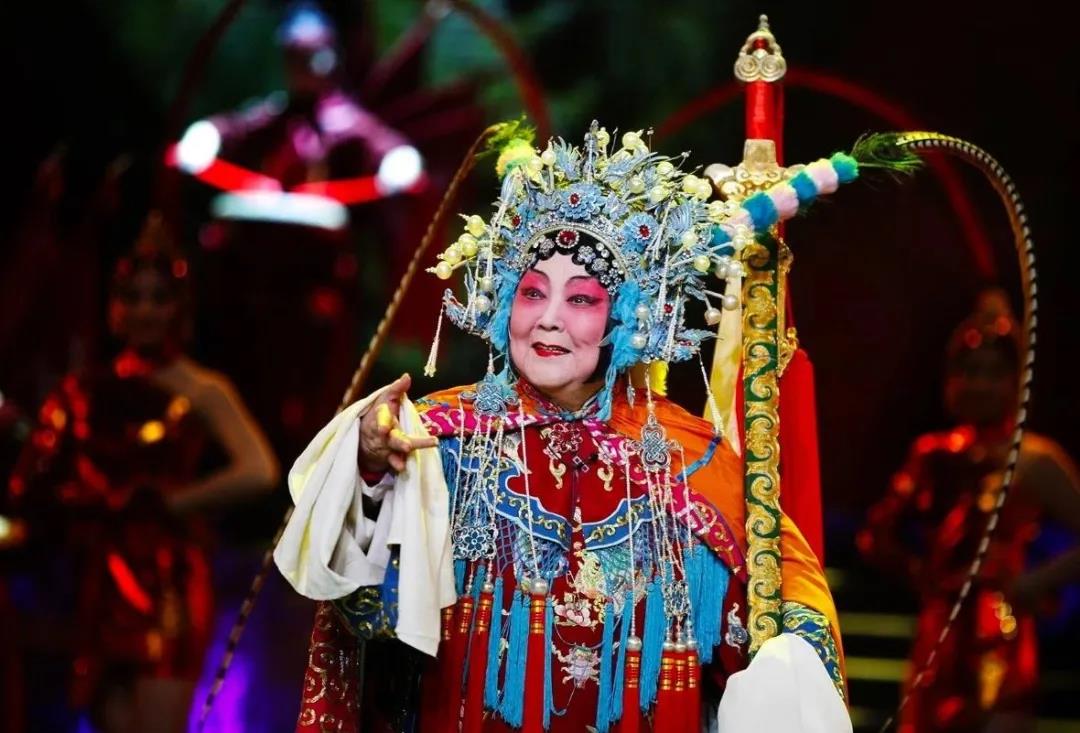

Dominio de Pingus is a Spanish winery located in Quintanilla de Onésimo in Valladolid province with vineyards in La Horra area of the Ribera del Duero region. The estate's flagship wine, Pingus, is considered a "cult wine", sold at extremely high prices while remaining very inaccessible,[1][2] and commands an average price of $811 per bottle.[3]
The winery also produces a second wine, Flor de Pingus, and a special cuvée, Ribera del Duero "Amelia". Recently, Dominio de Pingus has founded a joint project with local grape producers to make an old vine tempranillo called "PSI".
Dominio de Pingus was established in 1995 by Danish oenologist Peter Sisseck, also manager of the Pesquera de Duero estate Hacienda Monasterio.[4] On the estate's winemaking philosophies, Sisseck has stated, "The vines in my plots are very old. They have never been fertilised nor treated with pesticides and all grow following the traditional en vaso system. They are perfect."[4]
About the first 1995 vintage of Pingus, Robert Parker declared, "One of the greatest and most exciting wines I have ever tasted".[5] With a very limited first vintage production, only 325 cases were made with prices initially set at US$200 per bottle, it became yet more scarce when in November 1997 the ship transporting a U.S. bound shipment of 75 cases disappeared somewhere off the Azores in the North Atlantic Ocean.[6] The shipwreck resulted in a dramatic reaction in the US market, with prices soon rising to $495 per bottle.[5][6]
At the Ronda WineCreator conference of April 2008, Sisseck was angered by suggestions by Decanter editor Guy Woodward that some winemakers make wines to suit the palates of certain critics. In response he called Woodward's remarks arrogant for implying winemakers do not have their own opinions, adding, "I don't even think it is possible to do this."[7]
In 2007 it was announced that the Spanish government had approved plans to expand highway roads through the vineyards of Dominio de Pingus and other wineries, which was met with strong opposition by Sisseck who called it a "vengeful measure".[8]
Planted with very old vines of Tinto Fino, i.e. Tempranillo, the vineyards are 2.5 hectares (6.2 acres) in Barrosso with vines exceeding 65 years and 1.5 hectares (3.7 acres) in San Cristobal with vines older than 70 years, and the unusually low average yield of 12 hL per hectare. Since 2000, the viticulture has been biodynamic. Of the annual production of Pingus there is typically less than 500 cases, though in poor vintages no Pingus is made.
The production of the second wine Flor de Pingus, also 100% Tempranillo, is made with fruit from rented vineyards in the La Horra zone, with vines older than 35 years. Since the 2005 vintage, the viticulture has been biodynamic. The annual production is on average 4,000 cases.
Additionally there has been the single barrel cuvée, Ribera del Duero "Amelia", made from a vineyard parcel of 100+ year old vines with an average yield of 10 hL per hectare, with biodynamic viticulture since its initial 2003 vintage. The 2005 vintage had a production of 25 cases.
"PSI" is a joint project based on fruit produced by local grape growers from old tempranillo vines. The goal is to help grape producers and save old vines. Project was founded in 2006, first vintage was 2007. Grape growers are encouraged to employ biodynamic or organic vineyard management practices. The wine is made by Peter Sisseck and Pablo Rubio and sold under producer name Bodegas y Viñedos Alnardo. Vinification takes place in large concrete vats and aging in concrete and wooden tanks and oak barrels. Production of PSI 2009 was 9,600 cases, PSI 2010 was 16,600 cases.

我用我自己的流浪
换一个在你心里放马的地方
像那游牧的人们一样
把寂寞忧伤都赶到天上
我愿我所有的愿望
追随你走在每个迁徙的牧场
像我放牧的马儿一样
让爱的旅途都沾满阳光
是你在我身上 刻下游牧时光
我愿把心儿放在你的歌声飞翔
今夜对着月亮 思恋风吹草浪
有你相守在身旁 我醉了又何妨
我愿我所有的愿望
追随你走在每个迁徙的牧场
像我放牧的马儿一样
让爱的旅途都沾满阳光
是你在我身上刻下游牧时光
我愿把心儿放在你的歌声飞翔
今夜对着月亮 思恋风吹草浪
有你相守在身旁 我醉了又何妨
有你相守在身旁 我醉了又何妨

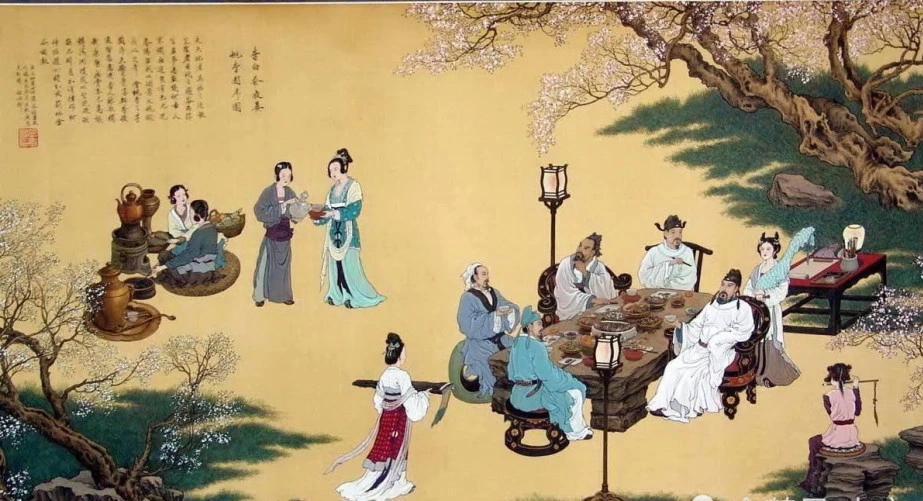
畴昔通家好,相知无间然。
续明催画烛,守岁接长筵。
旧曲梅花唱,新正柏酒传。
客行随处乐,不见度年年。
【注释】
守岁:旧时民间于除夕之夜,一家团坐,饮酒笑乐,通夜不眠,称为“守岁”。
【译文】
长期以来两家关系就很好,彼此相知亲密无间。
天黑之后点起描画的红烛,排起守岁的宴席,友朋列坐其次。
席间歌女唱起《梅花》旧曲,大家畅饮新蒸的柏酒,推杯换盏,间或会有行酒令的游戏。
作者现在是四处漂泊随行处且行乐,一年一年的过去了也不见。
【赏析】
这年的除夕,孟浩然就是在乐成张少府(子容)的官邸度过的。孟浩然与张子容,既有同乡之谊,又是通家之好,更加两人年青时曾同隐鹿门山,晨夕相处,亲密无间,此次孟浩然专程远道来访,张子容当然热情接待。除夕之夜,张子容的官邸,灯火辉煌,画烛高烧,筵备珍馐,酒斟柏叶。他们一边品尝着新酿的柏叶酒,一边畅叙着别后离情,当时内心的快乐,是难以言喻的。席间还有卢氏歌女演唱《梅花》古曲,她的婉转歌喉,更增添了两位人的兴会。
中反应出一些流传已久的习俗,另一方面也写出了与张少府的深情厚谊。







